This website uses cookies so that we can provide you with the best user experience possible. Cookie information is stored in your browser and performs functions such as recognising you when you return to our website and helping our team to understand which sections of the website you find most interesting and useful.
mindset
podcast
plant-based tips
meal prepping
meal planning
listen now
Plant-based inspiration and wisdom for your nutrition journey
Plant Centered &
Thriving Podcast
Tune in!
learn more
Our motto? Take it step-by-step. We’re all on a different journey and nutrition doesn’t look exactly the same for any two people. To build sustainable healthful eating habits, you need a personalized approach and a deep-dive into the root causes of your concerns.
Your Registered Dietitian Nutritionist & Nutritionist Team
hey! We're Ashley & Katie
Diet culture teaches us that we must avoid “bad” food at all costs! Cupcakes and Oreos, donuts and brownies are temptations that we can never enjoy again – guilt-free, at least. Of course, this restrictive way of thinking often leads to cravings and out-of-control feelings around these foods. However, there are alternative labels and ways on how to approach plant-based eating without the demonization of food.
This is a very important and much-discussed topic at Plant Centered Nutrition. We don’t use the terms “good” or “bad” when describing foods and we even try to refrain from using words like “healthy” or unhealthy.” Allow me to explain why that is the case and what other labels you can use to help you work toward healing your relationship with food.
The Power of Language
Language is an important and powerful tool when it comes to how we talk about food. And when we’re talking about classifying and labeling foods, they can either be helpful or harmful. In particular, if you’ve had a really dysfunctional relationship with food, classifying food as “good” or “bad” often affects how these foods are perceived.
So, if you think about diet culture and what their definition of “good” and “bad” is, what does that mean in the end? Are you bad if you eat “bad” foods, like diet culture would view as a brownie or a donut? You’ll likely feel bad for eating them, that’s for sure. And then, on the other hand, you could see it as a forbidden food. So, if you restrict it and tell yourself you can’t have it, our human brain is automatically going to crave it more.
The core problem with all of this is that food is not inherently “good” or “bad.” Food does not have any morality attached to it. Sadly, it is likely that you’ve heard these terms in your friendship circle or read them in some magazine multiple times because it is a very common practice. It is so ingrained in our brains, that even children know which food is “healthy” and which food is “unhealthy”. And what we learn in our early years will likely also stay with us in our adult years, too.
Your relationship with food is what is most important, which is why we’re trying to put a stop to this constant labeling of food. Health doesn’t equal what you eat or don’t eat. It’s not black and white. So, we’re not equating good foods to healthy and bad foods to unhealthy. But language is really important because it affects our thought patterns. And those thought patterns are what lead to our decision-making and how we feel afterwards.

Food Is Energy
Our bodies are going to extract what they need from whatever it is we’re eating. So, whether you’re eating a bowl of cereal or whether you’re eating a really nutrient-dense kale salad, your body is going to extract what it needs when that food is going through the digestive process.
Even if we just look at the facts versus assigning morality to food, at the fact that – very simplified – food is energy. And your body obviously needs energy to survive. So, when you take in that energy, it’s going to be used for what your body currently needs. And that can be a helpful perspective, especially if this is a struggle for you.
It doesn’t have to be more complicated than that. A big part of intuitive eating is to notice how you feel when you eat certain foods and just understand that you need food to survive. Food is not the enemy; it is diet culture and other societal norms that make us feel bad and shame us for eating certain foods.
Really think about this. You need food for your brain to function, to be able to go to work, to take care of loved ones, and so much more. Without labeling food, you can make food choices that you want to make. You can make food choices that are aligned with you versus making choices out of restriction or because you should or shouldn’t. What we’re trying to do here is work toward you relying on your body’s intuition.
It’s About Empowerment, Not Willpower
It’s not only those artificial labels that trick us. Emotion and nostalgia are involved when we’re talking about the rituals of eating. But what we want to do is take the emotion that we impose or assign on these different foods and look at the ritual as, “What is going to make me actually feel good?” And how can I appreciate this ritual as opposed to something that I just have to either get through or something that I’m doing as a coping mechanism?
With intuitive eating, you’re using your eyes and your ears. You’re looking at the rainbow and listening to your food sizzle as you cook it. It’s about tuning out the noise and paying attention to what actually makes you feel good and taste good. And there’s a little bit of trial and error involved, but that is part of everything.
It’s not about self-control, it’s not about willpower. It’s all about you trusting yourself in those situations. A lot of this struggle that our clients have with their “bad” foods stems from diet culture, but also from feeling like these foods are on a pedestal or that they’re off limits. And it takes time and energy to work up to the point where they heal their relationship with food again.
This is why having an empowered mindset is so important and these kinds of thought patterns don’t change overnight. It’s years of habit forming that we’re trying to reprogram. So also remember to give yourself some time and space as you try to make these changes. Success is not defined by saying “no” to a food. It’s being able to choose it or say no to it from an empowered mindset.

Alternative Food Labels
Mindfulness is about taking a breath and really thinking about these labels that are ingrained into our brains as opposed to mindlessly choosing them out of convenience because it’s what we’ve always done or what we “should” do. It’s about focusing on what you want in the moment with attunement.
If we really look at what a bad food is, it means that something is moldy or rotten, in other words: inedible. But that’s not the case for a pizza, is it? And if you cannot eat certain foods – emphasizing the “can” – because of allergies or intolerance, that probably also isn’t a food you want to eat, either.
Rather, we recommend that you listen to your body and take note of what you actually want to eat. You can like fruits and donuts the same and they can be both part of your diet. It’s not about one or the other. Food is not the enemy, it is your friend that nourishes you and keeps you energized.
Listen to the podcast episode
IF YOU LOVE US, TELL US
If you enjoyed this episode, go ahead and hit SUBSCRIBE. There is a new episode every Monday. Click here to subscribe on iTunes.
And if you’re feeling generous, take a few seconds to leave The Plant Centered and Thriving Podcast a review on Apple Podcasts. Hearing what you think helps me to curate the best content possible that will benefit YOU. So all you do is click here to review, click “Ratings and Reviews” and “Write a Review.”
Related Resources
Leave a Reply Cancel reply
more to explore
more to explore
Get weekly guidance to support your plant-based journey while strengthening your relationship with food, including weekly plant-based recipe ideas, tips, encouragement and so much more.
Join our newsletter
want blog updates?
explore
We’ve helped hundreds of people just like you who were discouraged by strict diets to build sustainable healthful eating habits. Using a heartfelt, practical and personalized approach, we deep-dive into the root causes of your concerns to help you embrace a plant-based lifestyle.
Heartfelt nutrition mentoring
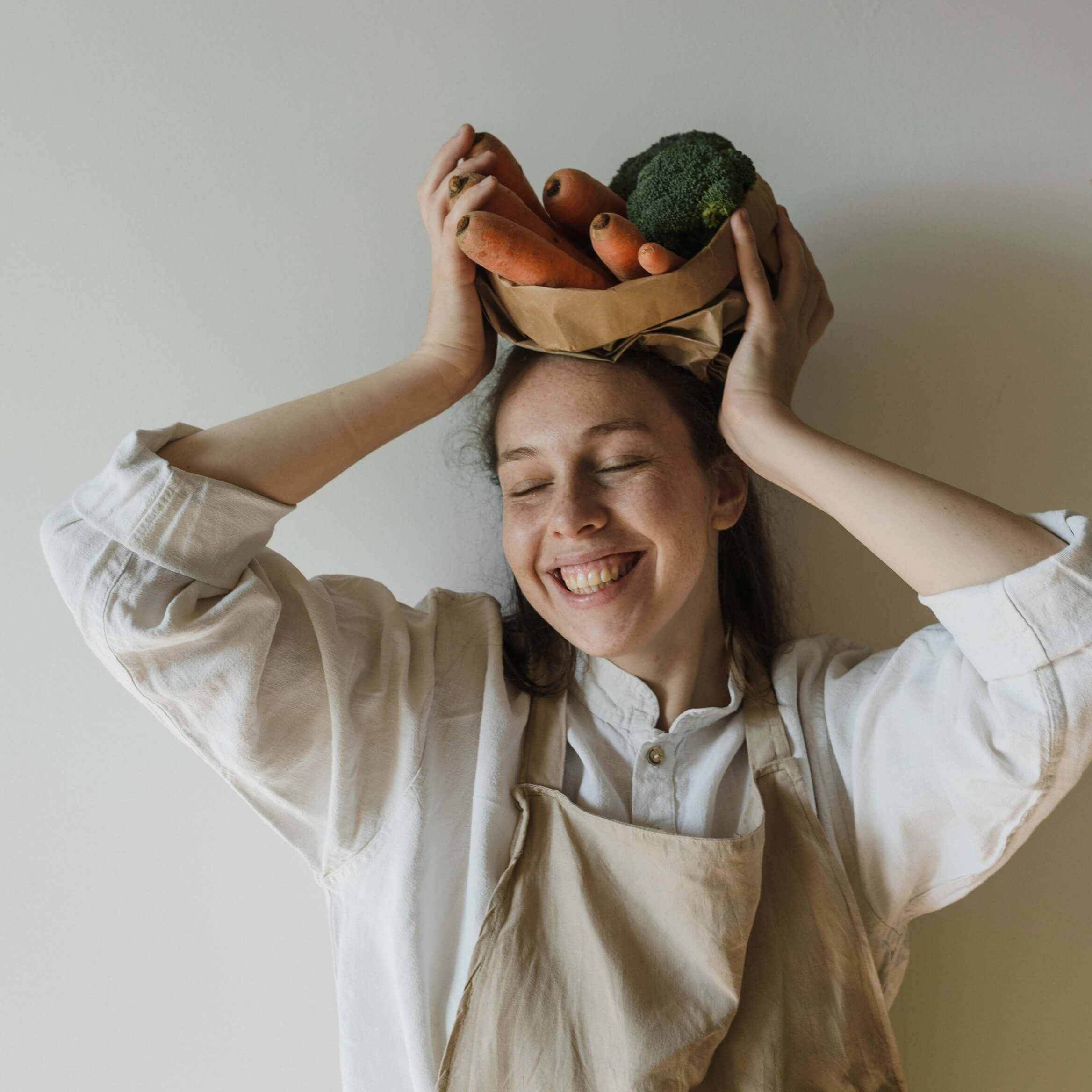


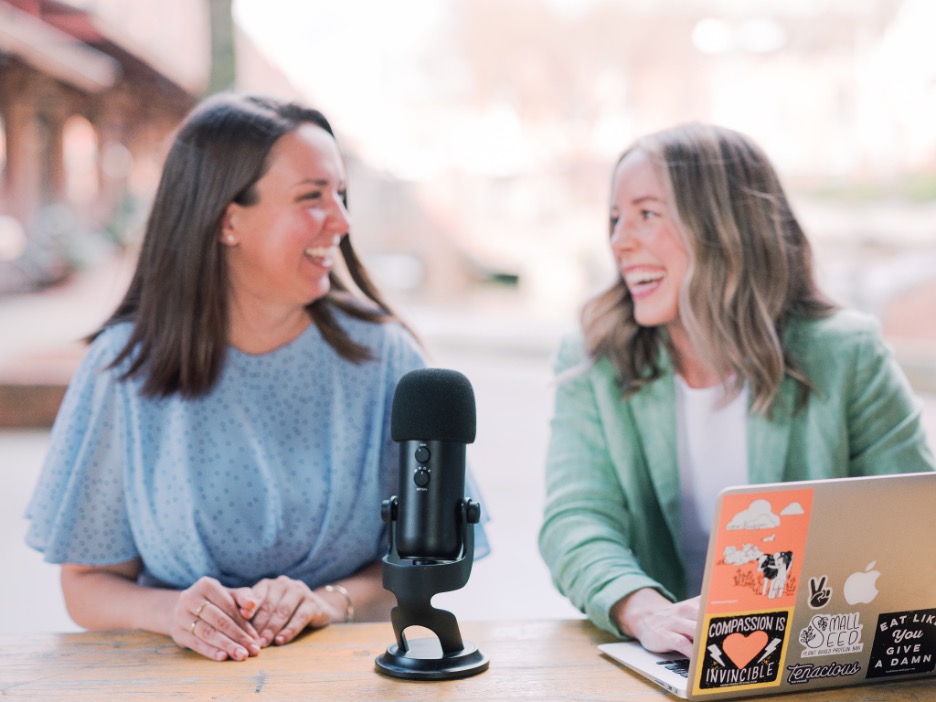


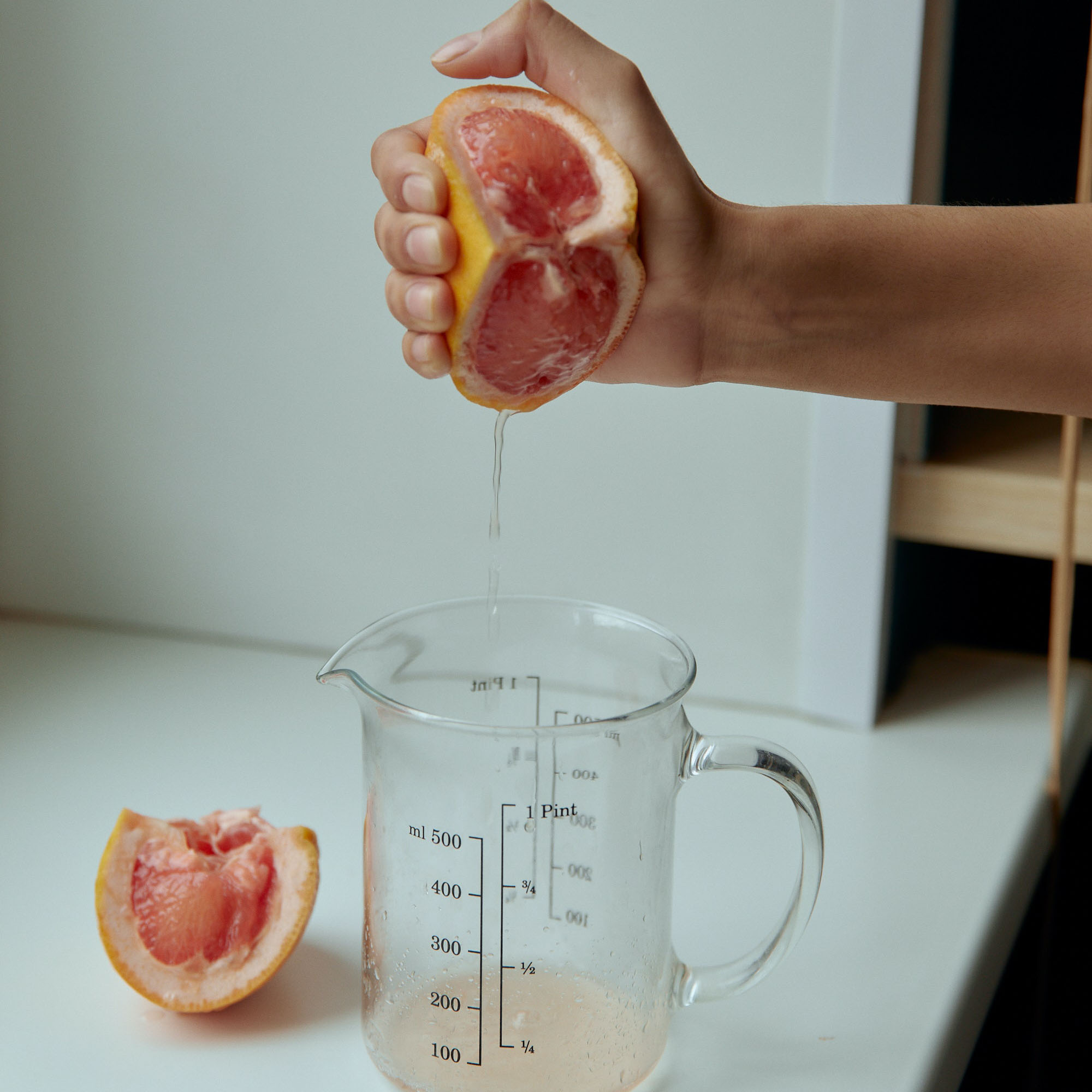

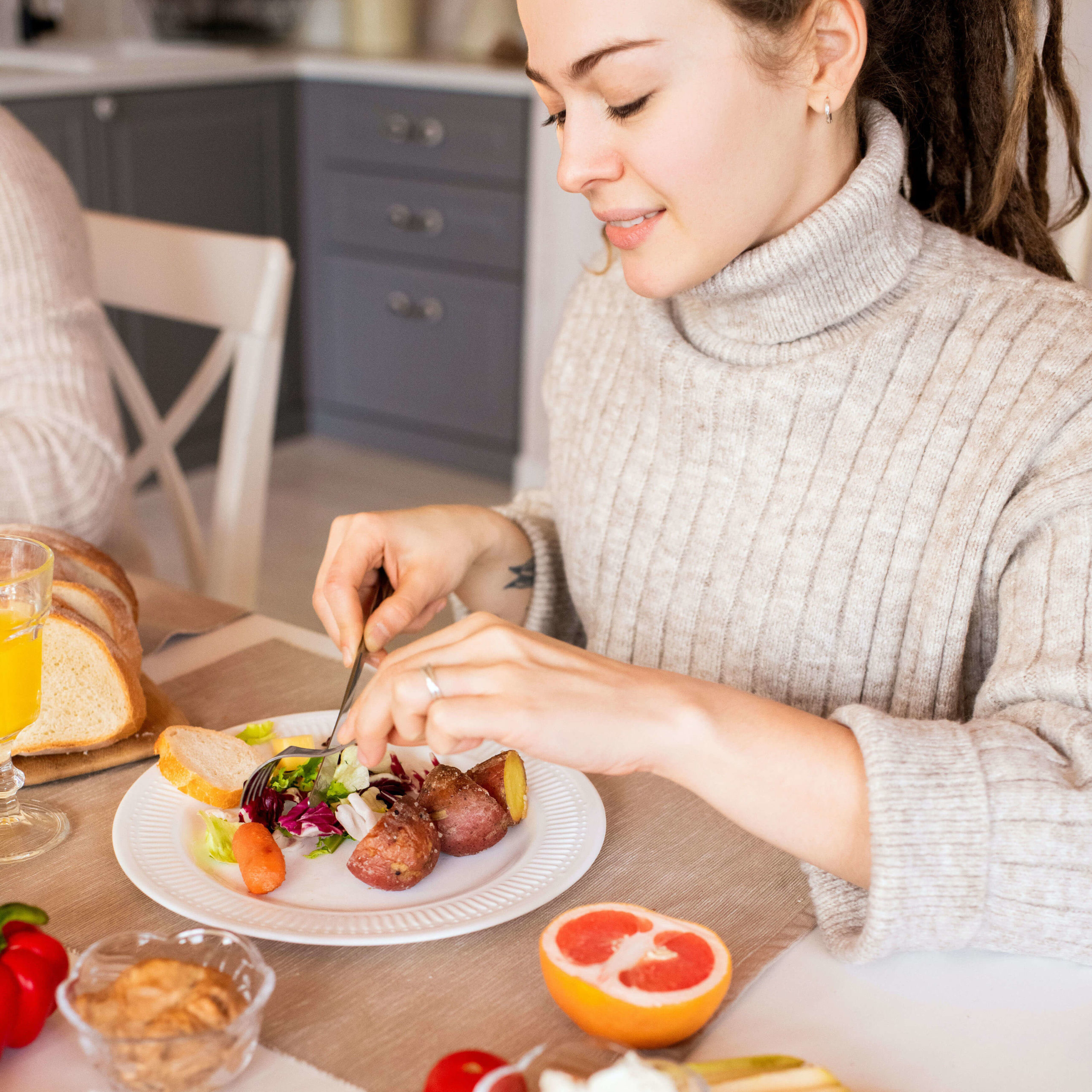
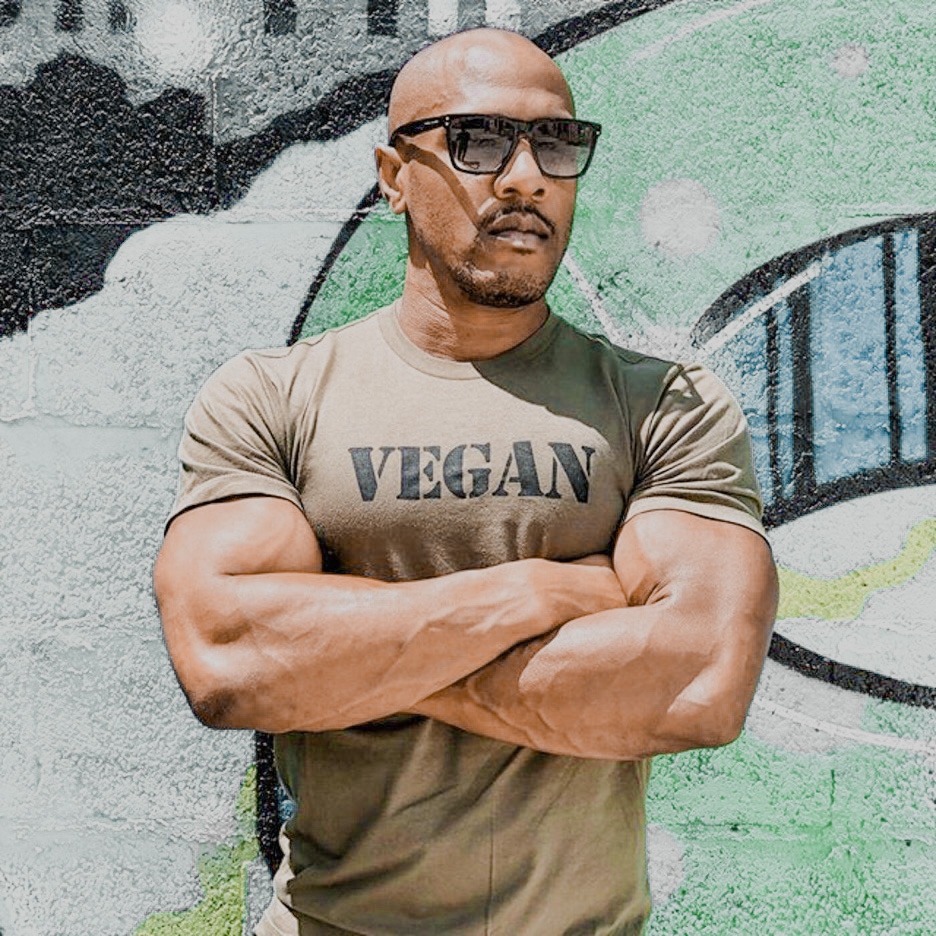

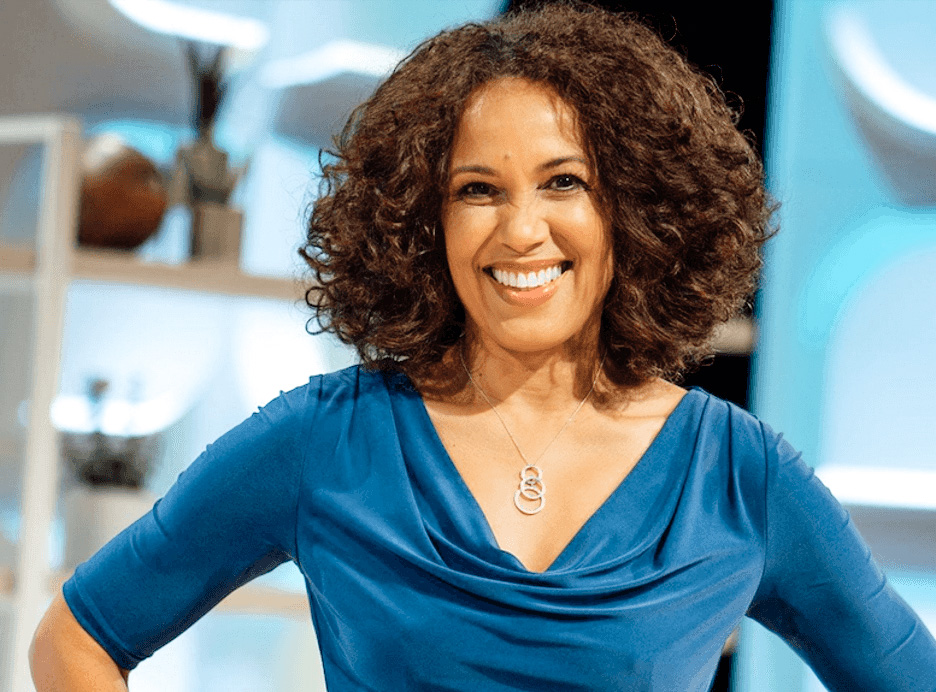
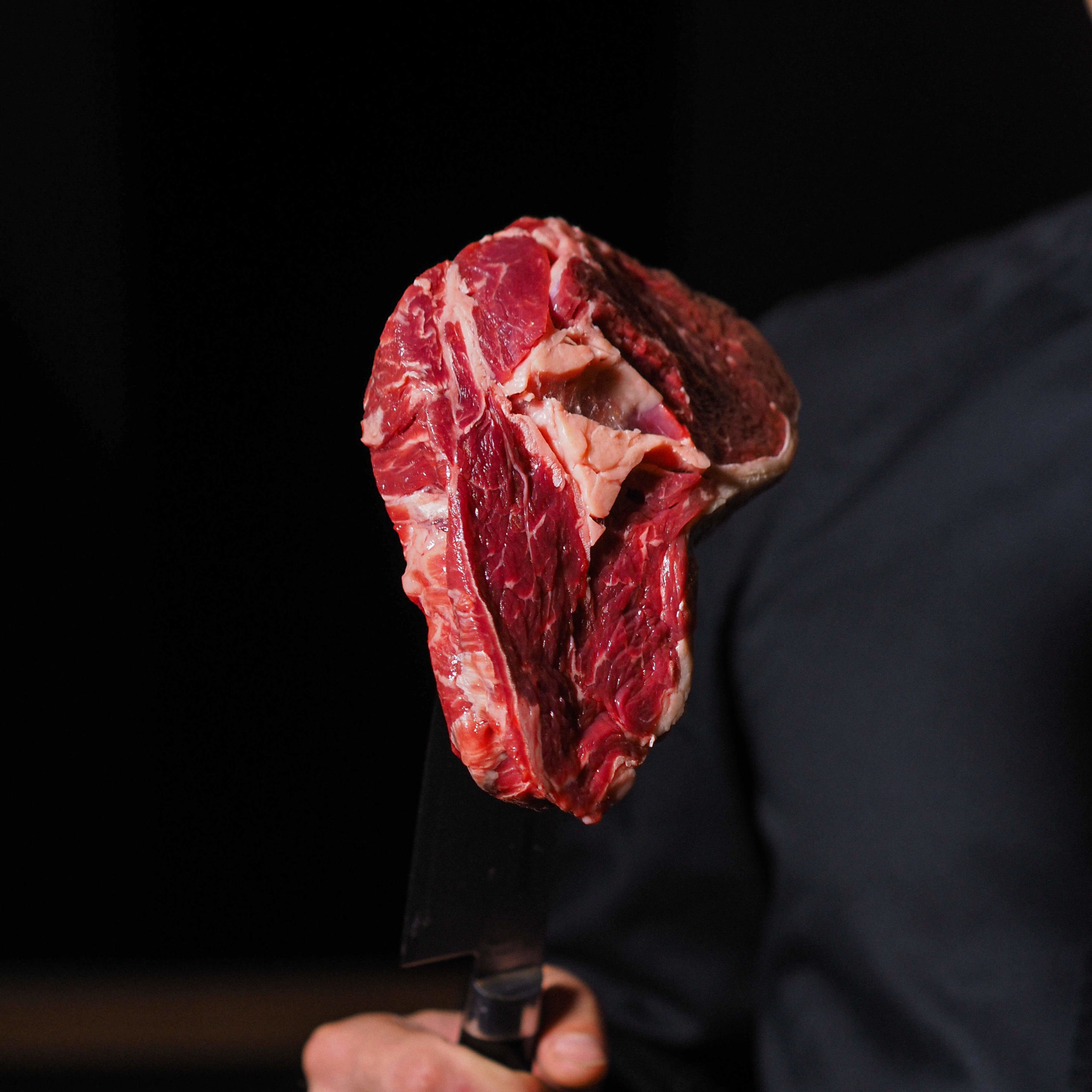

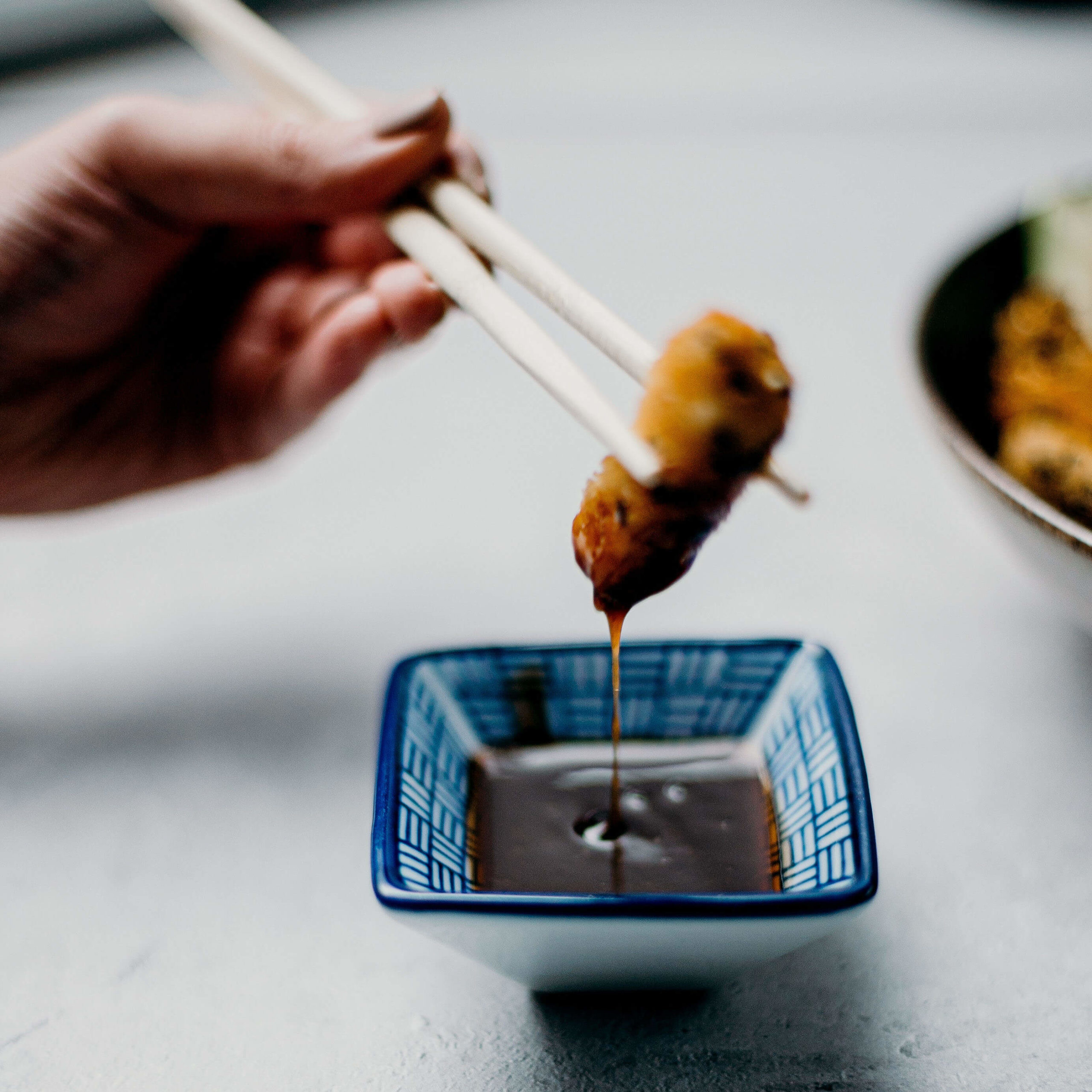

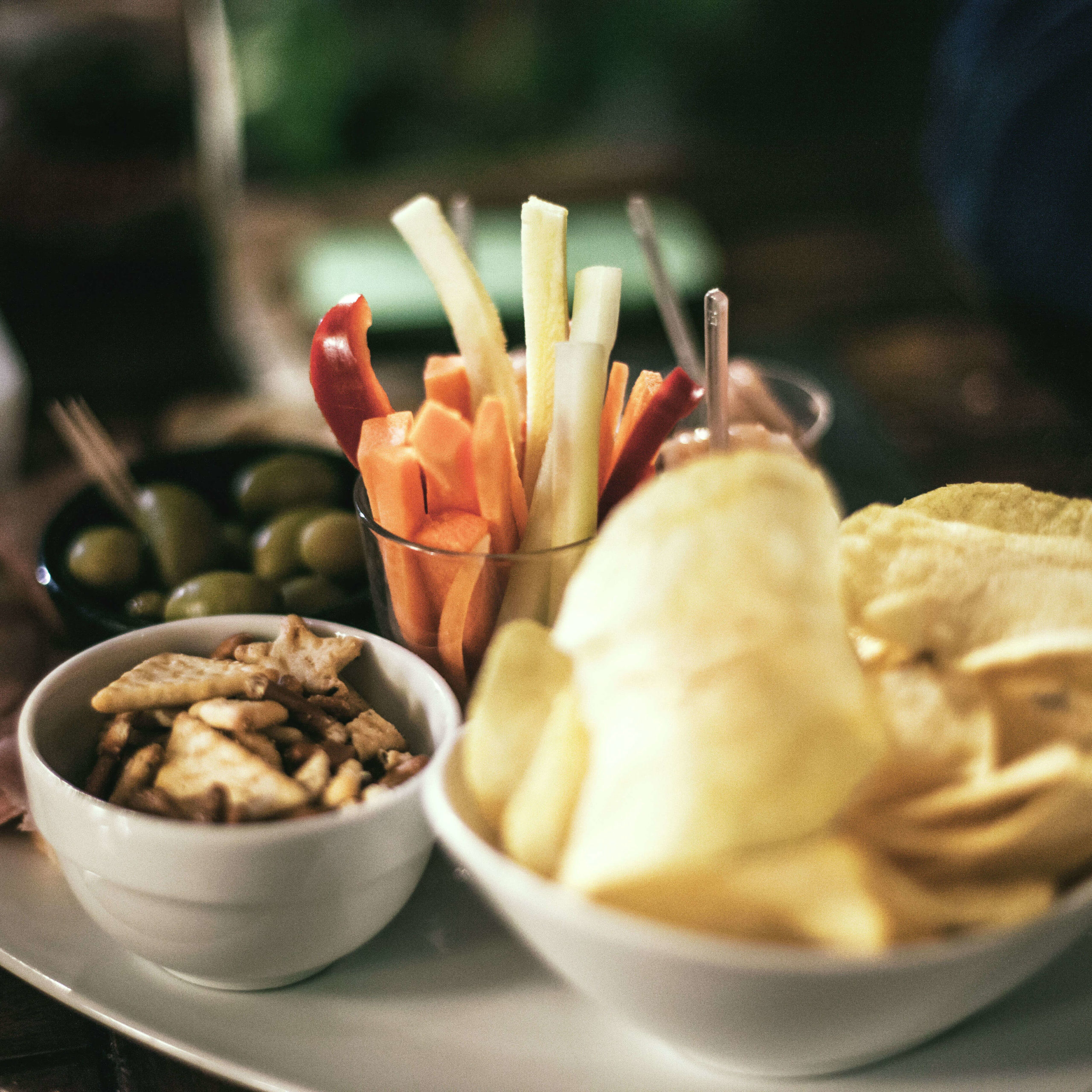
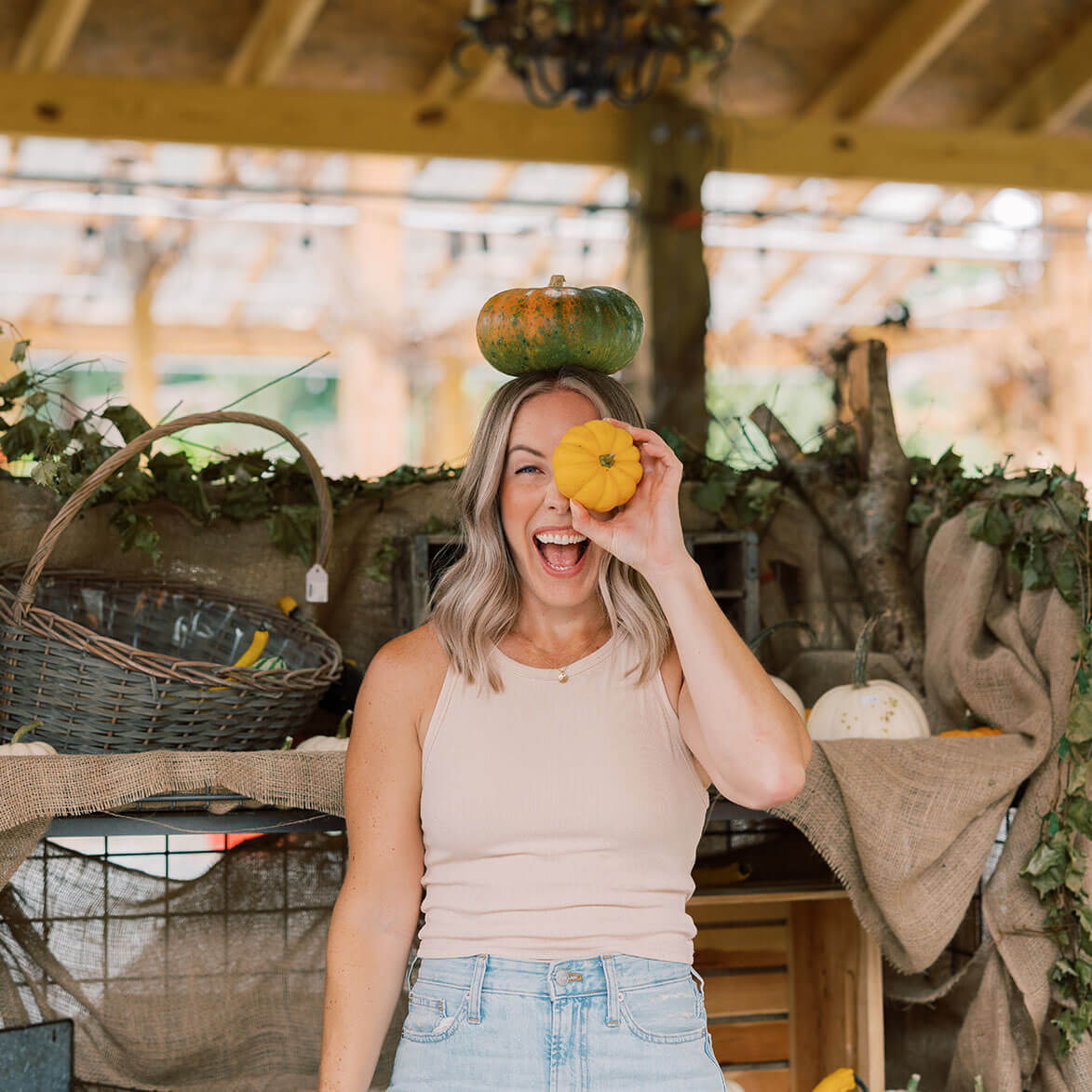
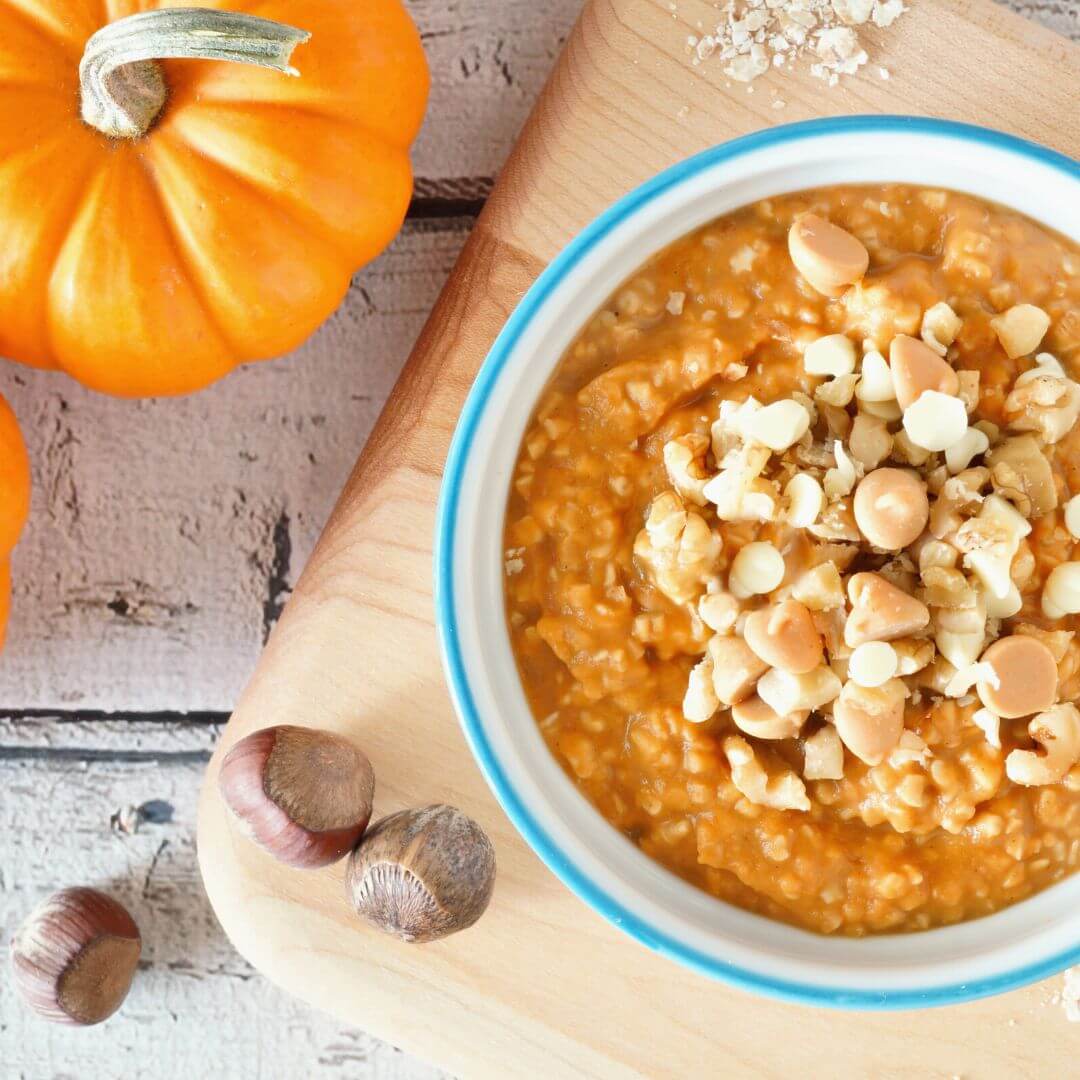
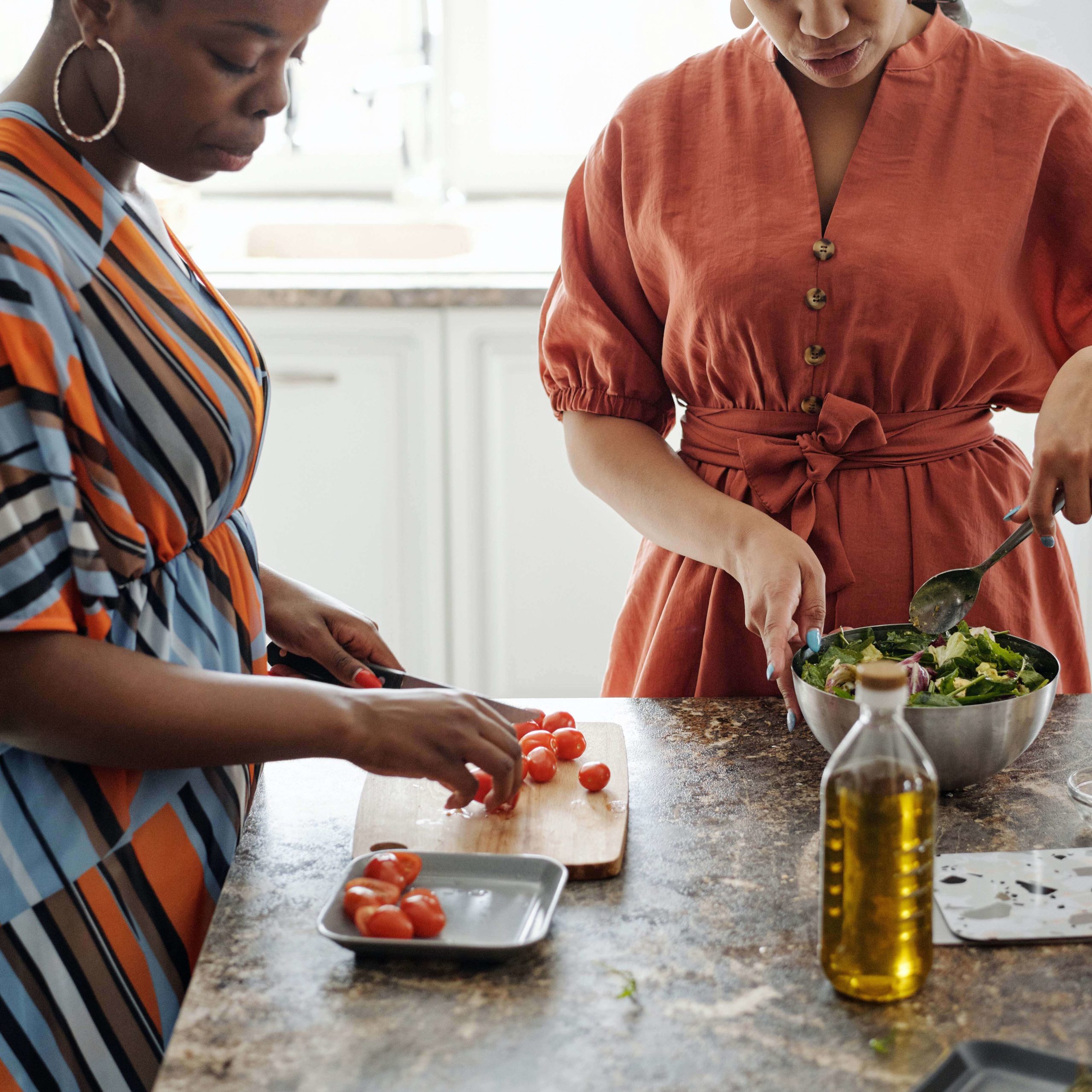
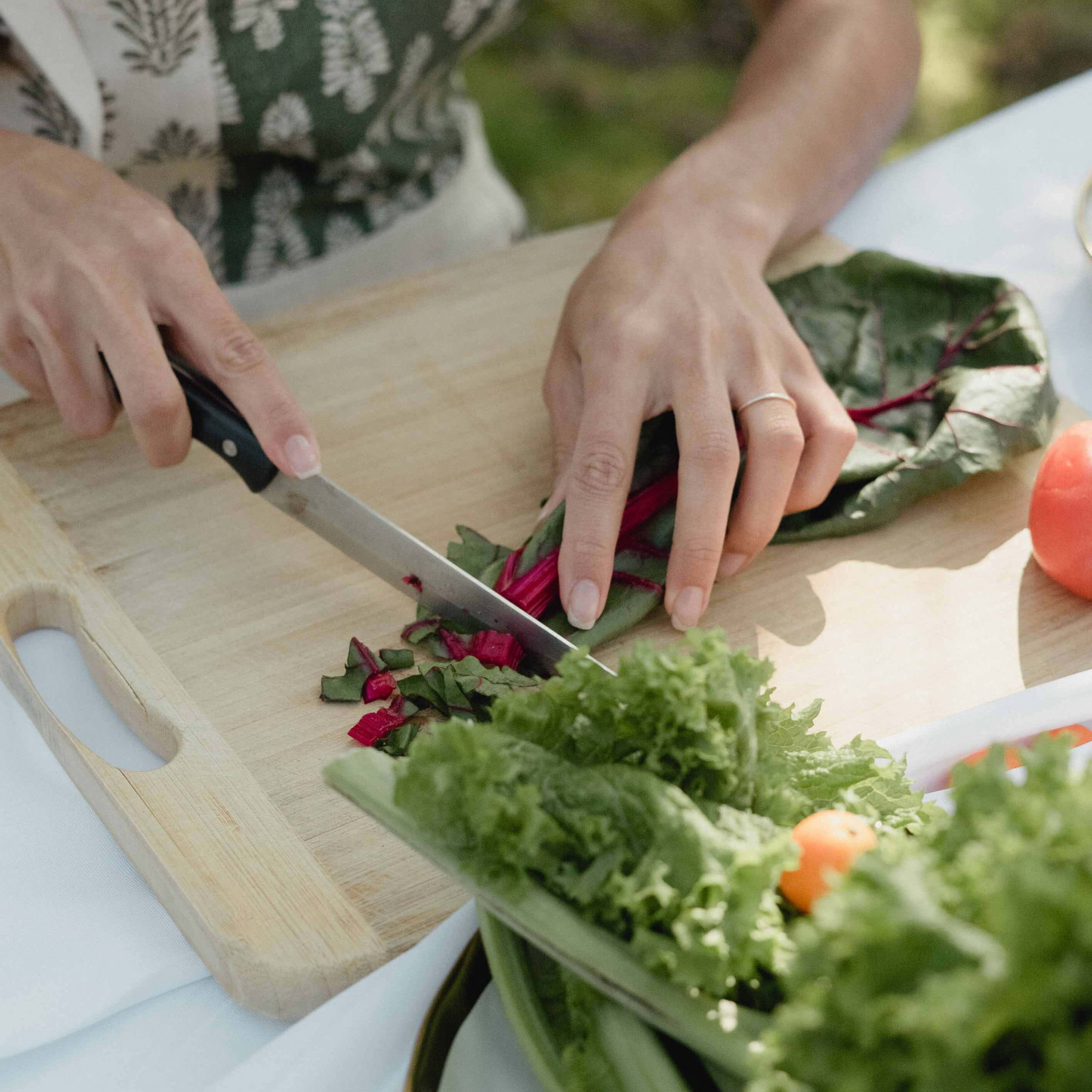

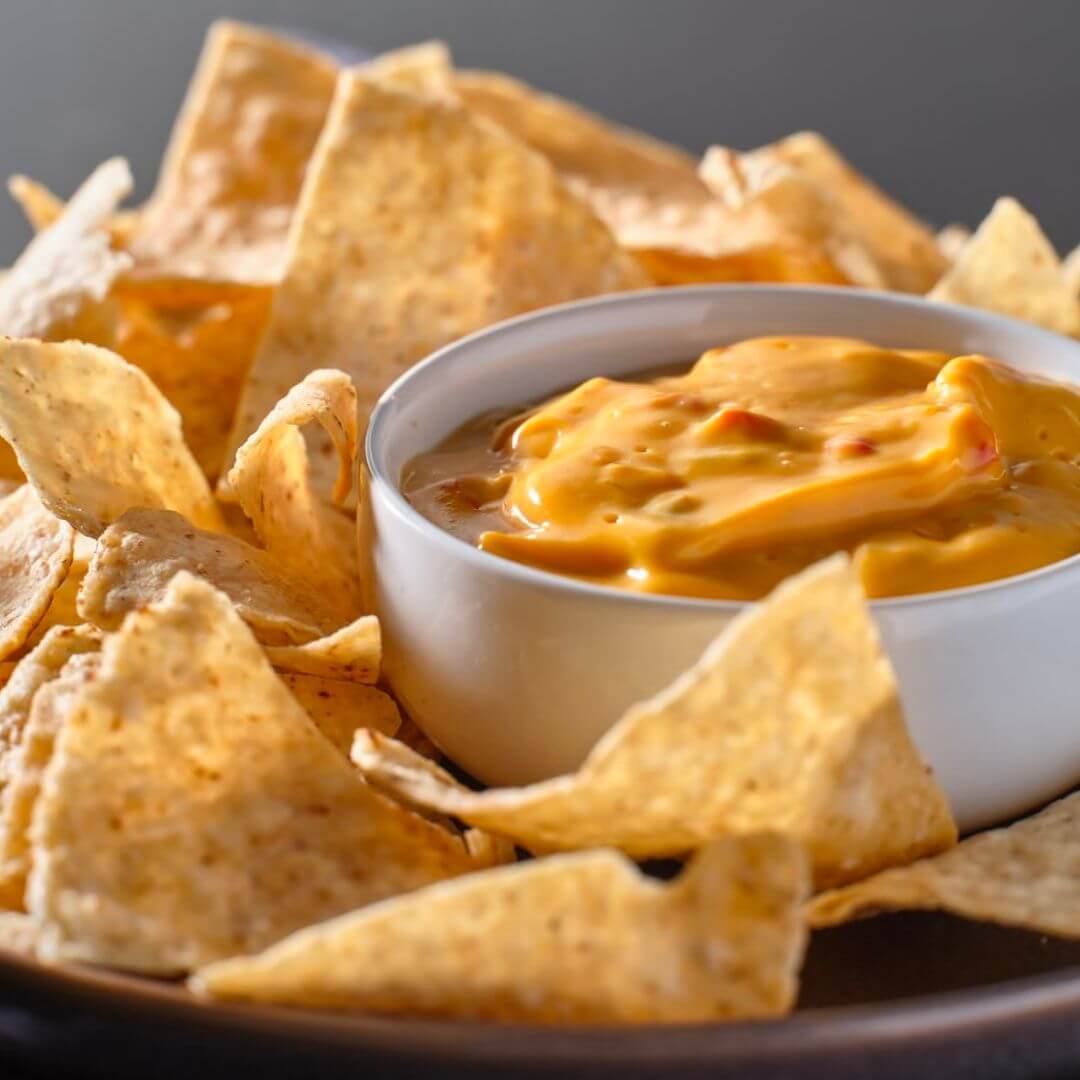
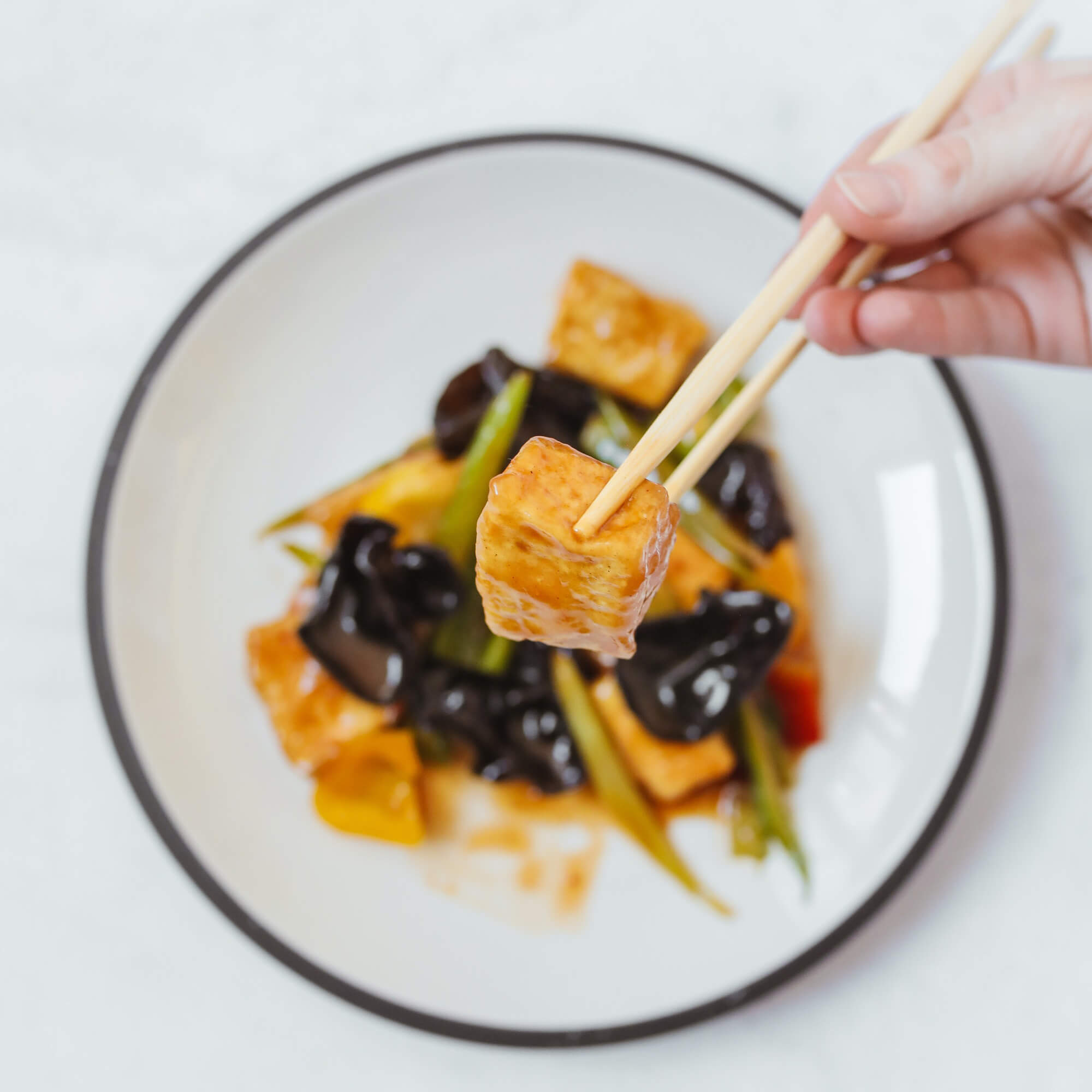
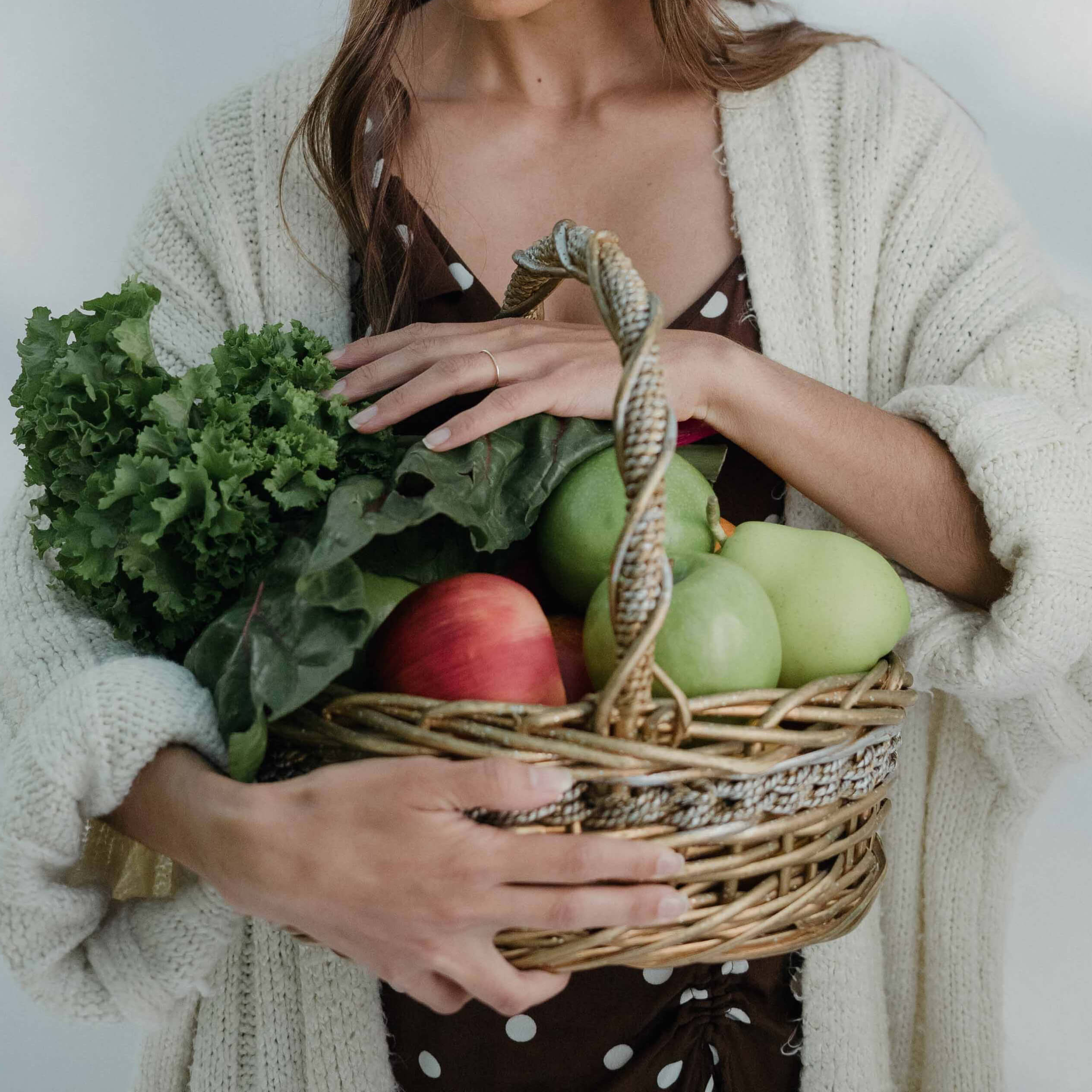

share
click to LEAVE A COMMENT